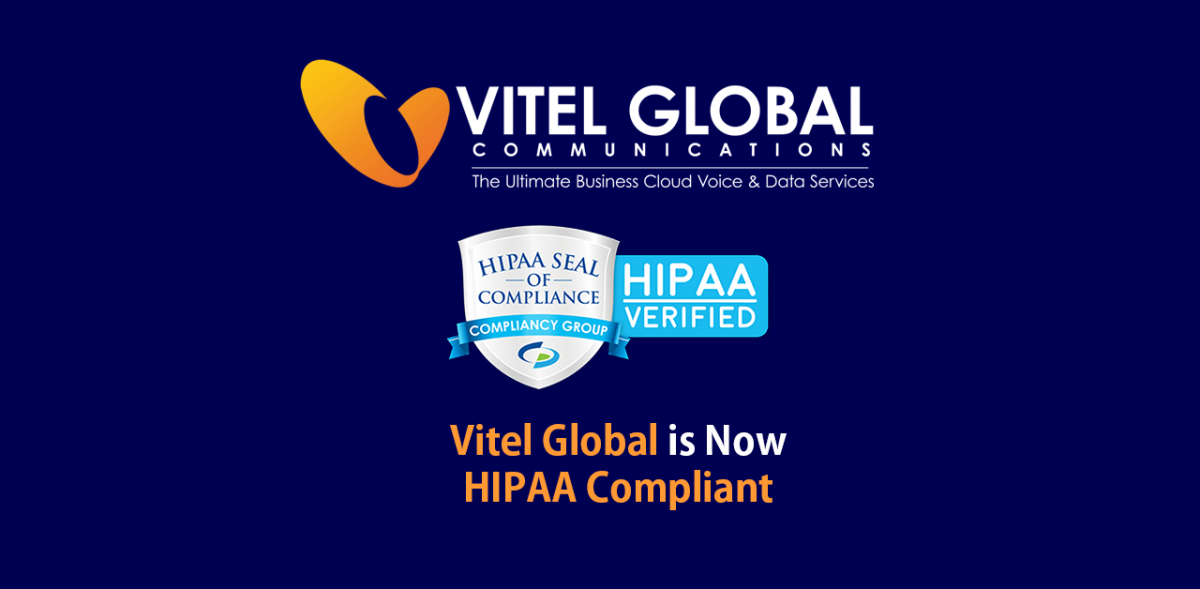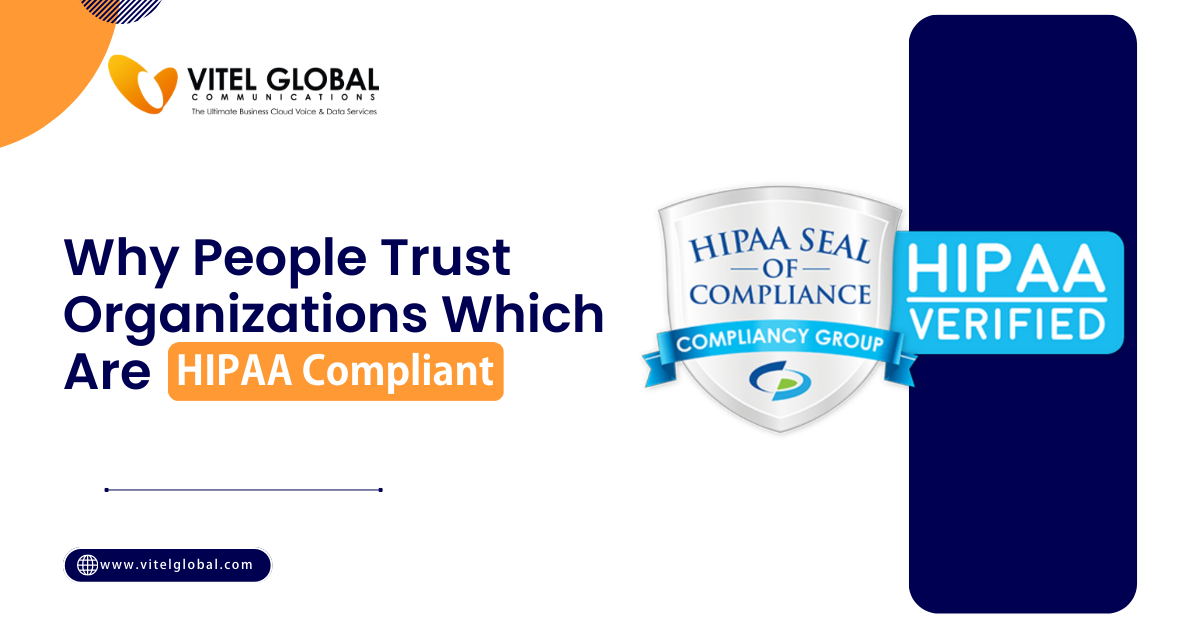How HIPAA Compliance Assists the Organizations

5 min read
Table of Contents
HIPAA compliance is an essential part of maintaining an effective data security program. By complying with HIPAA requirements, organizations can protect their patients’ personal health information and ensure the compliance of their data security programs.
In this blog post, we will discuss HIPAA Compliance’s importance in detail.
The Significance of HIPAA compliance
The Health Insurance Portability and Accountability Act of 1996 (HIPAA) is a federal law establishing national standards for the security and privacy of patient health information. HIPAA compliance assists organizations in safeguarding this sensitive information and protecting patients’ privacy rights.
HIPAA compliance requires organizations to put physical, administrative, and technical safeguards to protect the confidentiality, integrity, and availability of electronically protected health information (ePHI). These safeguards must be appropriate to the organization’s size, complexity, and nature of its business.
Physical safeguards are physical measures, such as locks and alarms, to protect ePHI from unauthorized physical access, destruction, or tampering. Administrative safeguards are organizational policies and procedures that protect ePHI from unauthorized access, use, or disclosure. Technical safeguards are security measures, such as encryption and firewalls, to protect ePHI from unauthorized access, use, or disclosure.
HIPAA compliance also requires organizations to develop and implement policies and procedures for safeguarding ePHI and protecting the privacy and security of patients’ health information. These policies and procedures must be designed to comply with the HIPAA Privacy Rule and the HIPAA Security Rule.
Organizations that fail to comply with HIPAA may be subject to civil and criminal penalties. Civil penalties can include fines of up to $50,000 per violation, with a maximum of $1.5 million per year for each violation of an identical provision. Criminal penalties can include fines of up to $250,000 and imprisonment for up to 10 years.
HIPAA compliance is a complex and ongoing process, but it is essential for organizations that handle ePHI.
The Benefits of Compliance with HIPAA
HIPAA compliance is not only a legal requirement but also benefits organizations. By ensuring that all employees are trained on HIPAA compliance and following the correct procedures, organizations can avoid many potential problems.
1. Avoiding Fines and Penalties
Organizations not compliant with HIPAA can be subject to hefty fines and penalties. These can include civil penalties of up to $50,000 per violation and criminal penalties of up to $250,000 and 10 years in jail.
2. Improving Patient Care
When HIPAA compliance procedures are followed, it can help to improve patient care. This is because compliant organizations are more likely to have accurate and up-to-date patient records. This can lead to better communication between care providers and fewer mistakes.
3. Reducing the Risk of Data Breaches
Organizations that are compliant with HIPAA are at a lower risk of suffering a data breach. This is because they must have strong security measures to protect patient data. These measures can help to deter hackers and other unauthorized individuals from accessing sensitive information.
4. Increasing Efficiency
Compliance with HIPAA can also help to increase the efficiency of an organization. This is because compliant organizations are required to have systems and procedures in place that help to streamline the flow of information. This can lead to fewer mistakes being made and fewer delays in care.
5. Building Trust
When patients see that an organization complies with HIPAA, it can help build trust. This is because patients will know that their information is being protected and that the organization is ensuring their privacy.
Overall, compliance with HIPAA has many benefits for both organizations and patients. Organizations can avoid fines and penalties by following the correct procedures, improving patient care, reducing the risk of data breaches, and increasing efficiency. In addition, compliance can help to build trust between an organization and its patients.
How Complying With HIPAA Protects Patients?
HIPAA compliance is a requirement for healthcare providers and any business dealing with protected health information (PHI). PHI is any information about a patient’s health that can be used to identify them. This includes their name, address, date of birth, Social Security number, and medical records.
Organizations that comply with HIPAA must protect PHI from being accessed, used, or disclosed without the patient’s permission. They must also ensure that PHI is accurate and up to date.
Several ways complying with HIPAA can protect patients. First, it helps to ensure that their PHI is kept private. Second, it helps to ensure that their PHI is accurate. Third, it helps to ensure that their PHI is only used for authorized purposes.
Complying with HIPAA can also help protect patients from identity theft. Identity theft is a serious problem when someone’s personal information is stolen and used without permission. By ensuring that PHI is kept private, organizations can help prevent identity theft.
In conclusion, complying with HIPAA is important for protecting patients. It helps to ensure that their PHI is kept private, accurate, and only used for authorized purposes. Complying with HIPAA can also help protect patients from identity theft.
The Penalties for Non-Compliance with HIPAA
The Health Insurance Portability and Accountability Act (HIPAA) is a federal law that requires covered entities to maintain the privacy and security of protected health information (PHI). Covered entities include healthcare providers, health plans, and clearinghouses.
Penalties for noncompliance with HIPAA can be either civil or criminal. Civil penalties are assessed by the Department of Health and Human Services (HHS) Office for Civil Rights (OCR). They can be up to $50,000 per violation, with a maximum of $1.5 million per year for repeat violations. Criminal penalties are assessed by the Department of Justice (DOJ) and can be up to $250,000 and 10 years in jail.
The OCR may also impose corrective action measures on covered entities, not in compliance with HIPAA. Corrective action measures can include requiring the covered entity to develop and implement a compliance plan, providing training to employees, or revoking the covered entity’s HIPAA authorization.
In addition to federal penalties, covered entities may also be subject to state laws and regulations regarding the privacy and security of PHI. These laws and regulations may impose additional requirements on covered entities and may provide for penalties that are different from those imposed by HIPAA.
How to Comply With HIPAA in Your Organization?
The Health Insurance Portability and Accountability Act (HIPAA) is a federal law that requires covered entities to provide privacy protections for individuals’ health information. Covered entities include health plans, healthcare clearinghouses, and providers who transmit health information electronically.
The Department of Health and Human Services (HHS) issued the HIPAA Privacy Rule to implement the privacy provisions of HIPAA. The Privacy Rule establishes national standards to protect individuals’ medical records and other personal health information and applies to all forms of protected health information, whether electronically, on paper, or orally.
The Privacy Rule requires covered entities to take reasonable steps to protect the privacy of protected health information and to provide individuals with access to their health information. Covered entities must also provide individuals with notice of their privacy rights and explain how the covered entity will use and disclose their protected health information.
The Privacy Rule strikes a balance between protecting individuals’ privacy and ensuring that covered entities can provide quality health care and conduct important research. The Rule is flexible and scalable, accommodating the size and complexity of different covered entities.
The Privacy Rule is not a static document but is subject to periodic review and updates. HHS has issued several guidance documents to help covered entities understand and comply with the rule.
Four Main Ways Covered Entities Can Comply With the Privacy Rule
- Designate a privacy officer and develop written policies and procedures.
- Train all employees on the policies and procedures.
- Implement physical, technical, and administrative safeguards to protect health information.
- Give individuals access to their health information.
Conclusion
We at Vitel Global Communications proudly announce that we are now HIPAA compliant. And we provide business phone solutions to the healthcare sector with customized calling plans – Book for a FREE Live demo.
Published: February 2nd, 2023
Tags:
Subscribe to Our Latest Updates
Get monthly product and feature updates, the latest industry news, and more!



